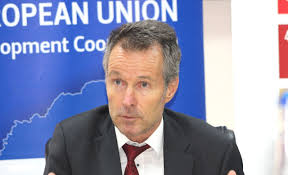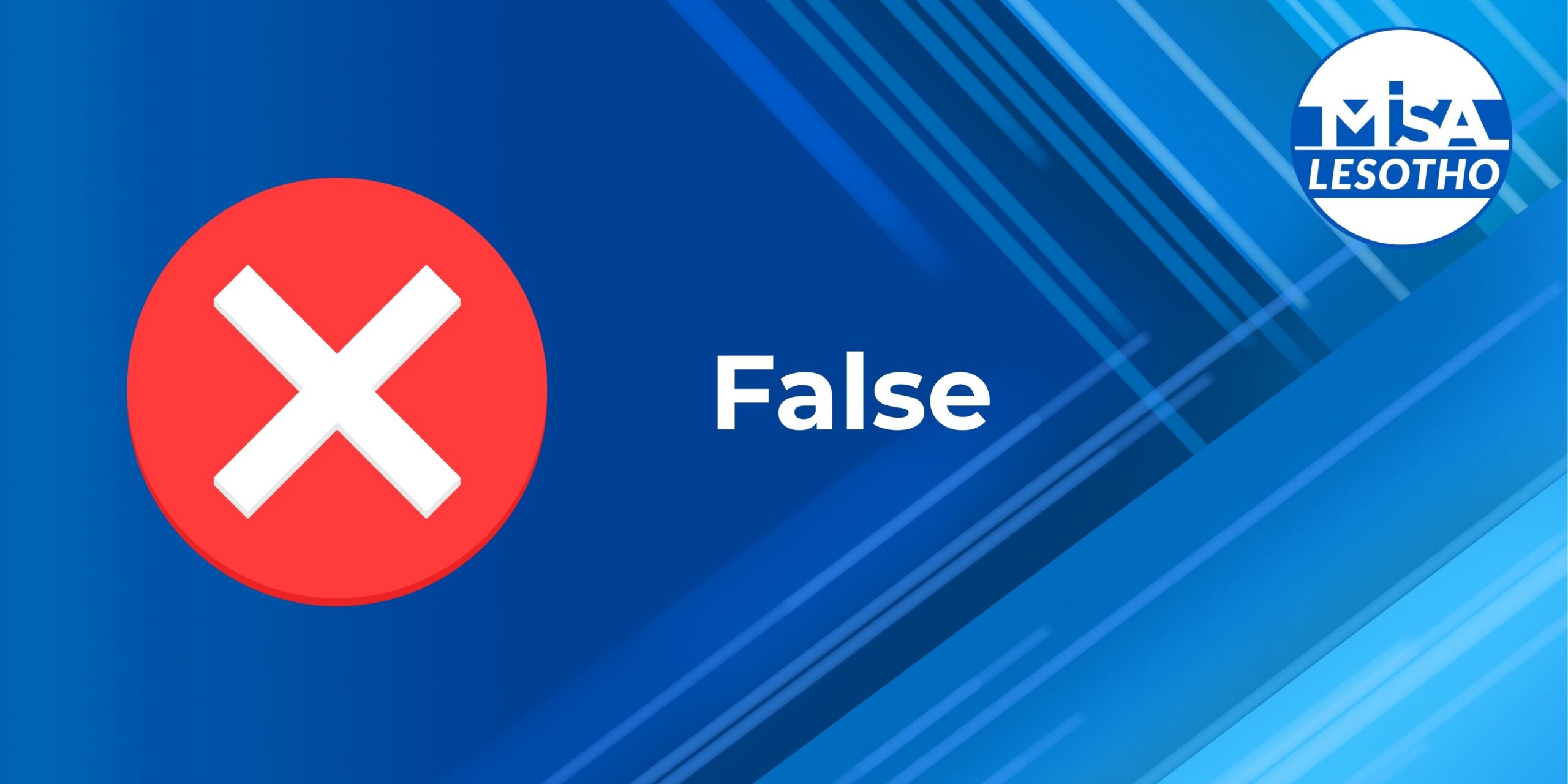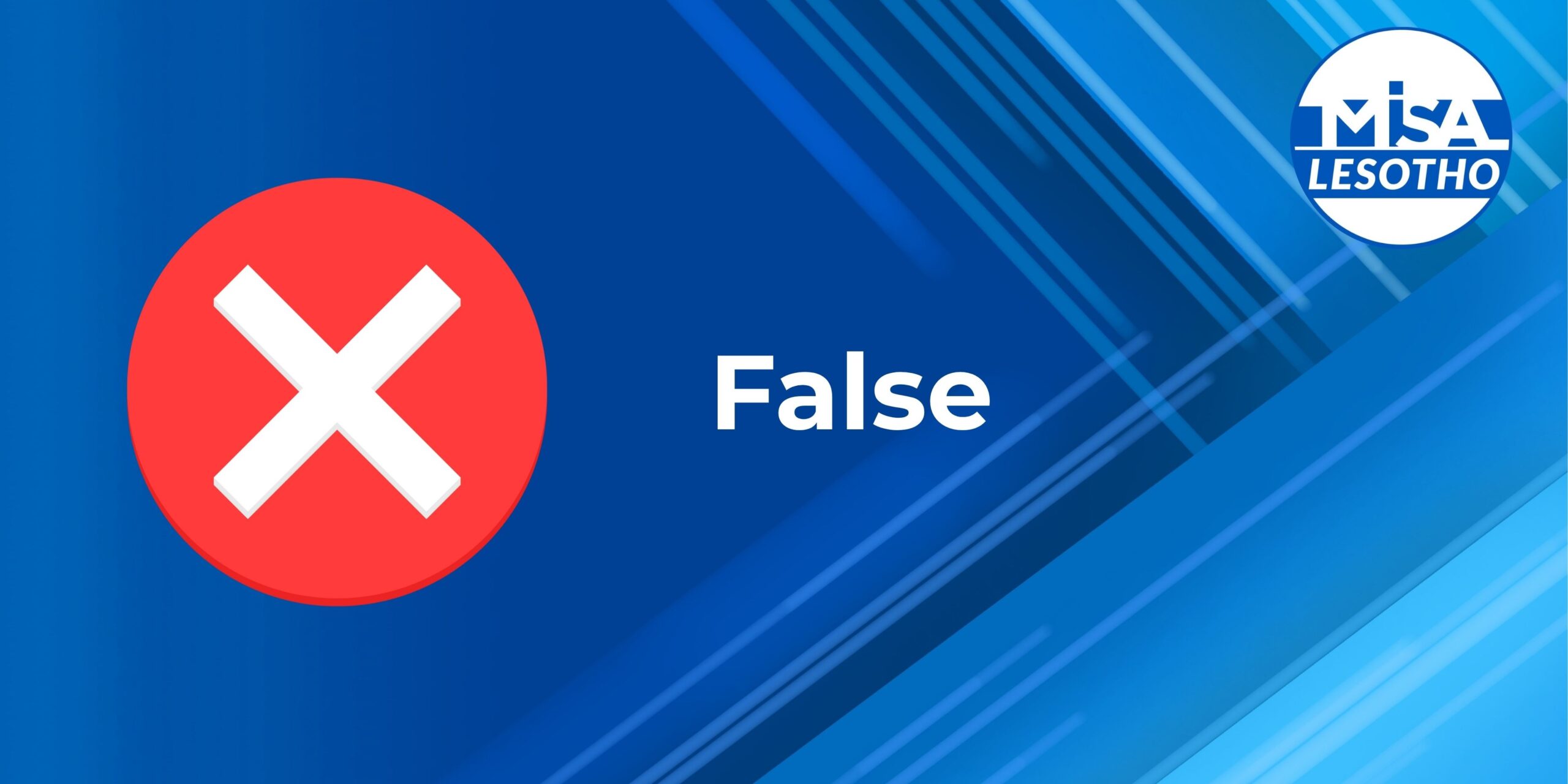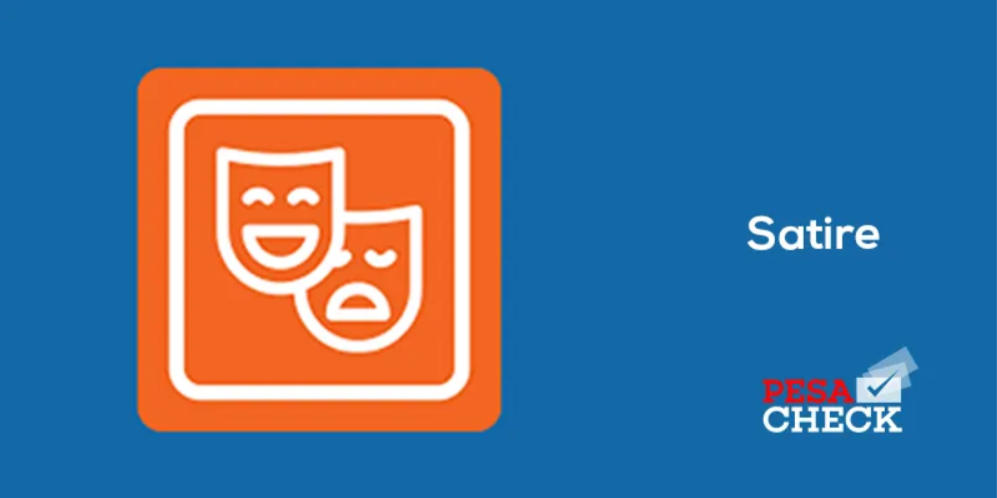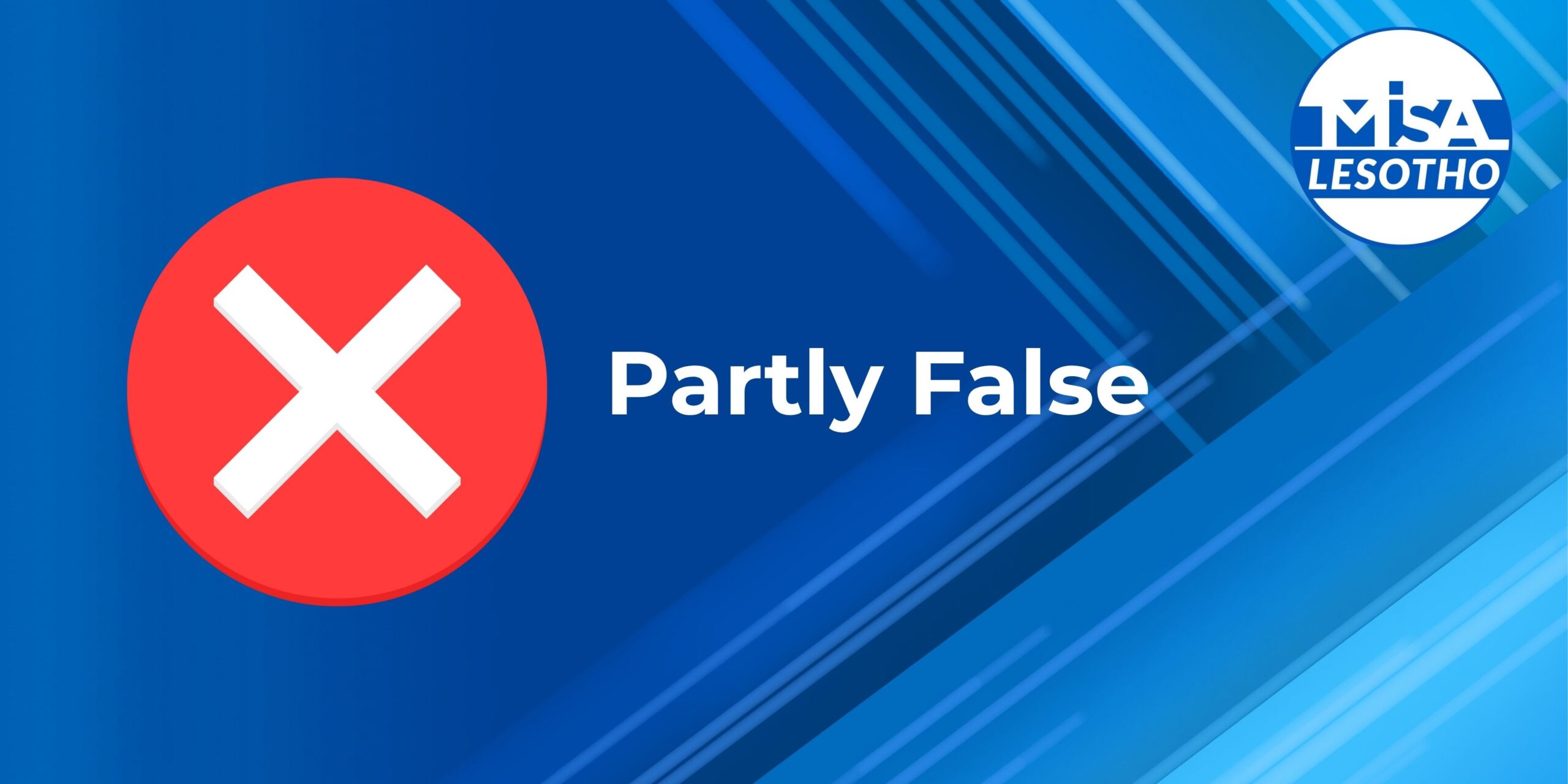Christian Manahl, the European Union’s Ambassador to Lesotho, marked World Radio 2021 with the following speech at MISA Lesotho’s celebration event.
Radio is the world’s oldest electronic broadcasting medium, about 100 years old, it has the widest coverage of all, encompassing the whole world – if satellite radio and internet broadcasting are taken into account.
It is the cheapest electronic broadcasting medium both for the consumer – a battery-operated transistor costs as little as 10€ – and for the producer – setting up a small 40 Watt FM station costs a mere 5,000€; perhaps less nowadays if it is an online radio station.
It is the broadcasting medium which offers the biggest variety of languages, which is particularly important in remote areas and for communities who have few other means to promote and preserve their language and culture.
I would go as far as saying that the radio has created the world as a “global village” more than any technical innovation before it, because it was only with the invention of the transistor radio and its worldwide distribution that people across the globe could talk and listen to each other in real time. It is a medium not just of information, but of interaction between people, a medium of political participation, and also a medium of entertainment, of cultural exchange and dissemination.
In Lesotho, the radio is the medium of choice for the majority of people. In particular, the radio has been a vehicle for public information, a catalyst for political and social debate, a promoter of local culture and music. You Basotho people are passionate debaters, you cherish your famo music, you are quick to comment on politics and to criticize your politicians. The radio, or more precisely, the 30 or so radio stations in this country, have truly given a voice to people of the Kingdom of Lesotho.
The radio has also been for myself a medium to reaching out to the people of Lesotho, to explain what the European Union is doing here in the Kingdom and elsewhere in the world, and to receive feedback from Basotho of different walks of life.
In particular, radio has played an important part in the public debates on the national reforms, and it will continue to play a crucial public oversight role in the implementation of the recommendations of the second plenary of the national reforms dialogue.
The radio has been particularly important during the COVID-19 pandemic and the related lockdowns. It has helped people to stay connected when traveling was restricted; it has allowed people to attend religious services when physical gatherings were impossible; it has helped keep alive the Basotho passion for sports at a time when stadiums were closed and big public events were cancelled; it has transmitted detailed information on the risks of COVID-19 and educated people on precautionary measures; it has helped dispel rumours and provide objective and scientific information on the disease at a time when conspiracy theories and offers of miracle cures are rampant; and it has given people a voice to comment on the decisions taken by government, on the consequences of these decisions on people’s lives, and thus helped shaped Lesotho’s response to the pandemic.
Your Excellencies, ladies and gentlemen,
In recent years, the space of public communications has changed dramatically due to the internet and smartphones, which make recording and transmitting information much faster, simpler and cheaper. This provides formidable tools to journalists, but also formidable competition, because anyone can turn him- or herself into a broadcaster. Theoretically, and often in very practical terms, there is no more privacy when someone carries a smartphone: any meeting, any conversation, any interaction, however confidential they were meant to be, can be recorded and sent around the world in no time.
This raises inevitable questions of responsibility, both public and individual; questions about privacy, but also about content and truth. Strictly speaking, it is not illegal to disseminate complete lies, provided that they do not offend anyone, do not amount to hate speech or incite to violence, and are not pornographic. In particular, in these times of a global pandemic, we have all seen the staggering amount of misinformation, half-truths, conspiracy theories and propaganda that are out there on Facebook, Twitter, Instagram or other social media. And, there is little that can be done about that – or can we?
Actually, I think we can, or more precisely, professional journalists, including radio journalists, have an important role to play. Even in times of all-pervasive social media chatter, the traditional media – newspapers, radio, and television – still enjoy a greater credibility than social media. After all, journalists are professional producers of information, and we generally do trust professionals more than amateurs: when your car breaks down, you would rather take to an expert mechanic than ask our neighbour or a random taxi driver to try and repair it. And with credibility comes responsibility; I can enumerate six of them:
- the responsibility of truth – the responsibility to research thoroughly and to consider all available facts before going public, notwithstanding the temptation to break the story before the competitor does; and to report these facts as completely and accurately as possible; this also entails the responsibility to inform the audience when elements of information are still uncertain, incomplete, or when they reflect the opinion of a politician, a scientific expert, or of a society leader;
- the responsibility of impartiality – the responsibility to listen to all sides of a story, to give all stakeholders or affected parties equal space or time, and to reflect their versions truthfully;
- the responsibility of transparency – the responsibility to clearly distinguish between factual information and commentary, which is a personal opinion of an editor; journalists, like everybody else, have a right to their own opinion, but they should not disseminate it disguised as “objective information”; opinion-pieces have to be clearly marked as such in style and layout or presentation;
- the responsibility of secrecy – the responsibility to protect the source of information if there is a risk that the person or persons concerned could be harmed by being disclosed; the protection of this secrecy is one of the pillars of free media;
- the responsibility of fairness and humanity – the responsibility to avoid any information or statement that may be offensive or harmful to certain members or groups of society, in particular vulnerable groups, and the willingness to defend the underprivileged;
- And the responsibility of accountability – the willingness to listen to the audience and to accept criticism, to correct errors, and to remedy harm that may have been caused – sometimes inadvertently – to members or groups of society. This is as much an individual as a collective responsibility of all journalists, who should stand together to uphold these principles and take action against those who violate them.
There are more elaborate descriptions of these responsibilities or of codes of conduct for journalism, e.g. the Global Charter of Ethics from the International Federation of Journalists, but we need not elaborate about them here. It is enough to say that in times of ubiquitous social media, not only is there space for professional journalism, and of course for the radio, but the role of professional journalism is even more important because the flood of information can be overwhelming and disorienting for the public. Inasmuch as traditional mass media, including the radio, respect the code of conduct circumscribed before, they will continue to have an audience because they fulfil an essential role in society. People need mass media that have a higher credibility than the uncontrolled and uncontrollable internet gossip, and politicians should be careful to protect these mass media through appropriate policies and legislation. The soundness, solidity, and solidarity of society depend on it.
With these remarks, I wish you a fruitful discussion and a happy UNESCO World Radio Day!




